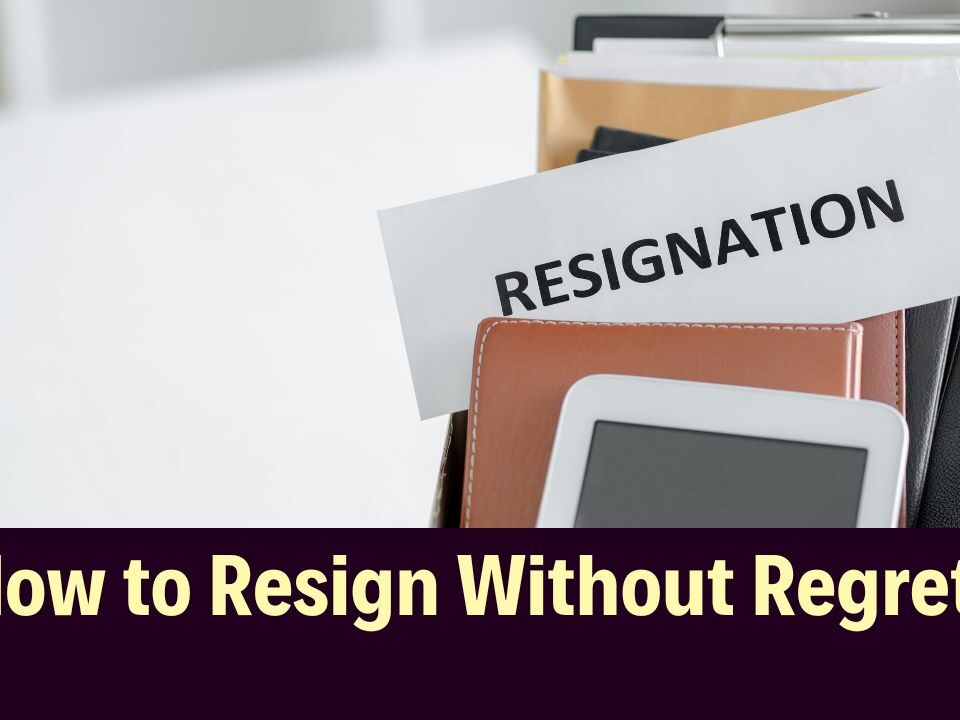
Are you Sharon?
Sharon was brought up to be invisible. She was taught to be very tuned into others’ feelings and needs, but to never have any of her own.
Her family made it clear to her that her job was to give to them but to never expect anything in return. As a result, Sharon learned to be totally tuned out to her own feelings and needs. It was as if she, as a person, didn’t really exist, other than to be there for others.
When Sharon’s feelings and needs did surface, she would tell herself that they weren’t important, that she was strong and could handle not having her feelings cared for and or her needs recognized.
She convinced herself that if she just cared enough about others, others would eventually care about her. It never happened.
The inner stress of never attending to her own feelings and needs and always feeling so invisible to others as a result finally took a toll on Sharon’s work performance and her professional success.
Many of us have learned to be invisible…to ourselves and to others. Are you guilty of using any of the following ways to create invisibility in personal life or on the job?
- Do you remain silent, not speaking up for yourself when feeling unvalued by your boss or colleagues?
- Do you ignore your own feelings and needs in deference to your colleagues or team members?
- Do you go along with what others want, even if you have more experience or have better ideas?
- Do you accept blame when things fall apart on an assignment when it’s not really your responsibility?
- Do you put aside your own opinions, thoughts, ideas or suggestions to be accepted by others?
- Do you accept disrespectful behavior from others, finding ways to excuse the behavior?
- Do you avoid work conflict at all costs instead of using constructive feedback or effective communication?
- Do you currently carry an unreasonable work load because you are taking on other’s responsibilities?
- Do you pretend to like a topic of conversation or workplace activity rather than be disapproved?
- Do you allow colleagues or team members to subtly bully into doing what they want?
- Do you do everything yourself, never asking others for help?
How often do you end up feeling unappreciated, unseen, not valued?
If your own feelings and needs are invisible to yourself, they will end up being invisible to others. It is not realistic to constantly put yourself aside and then expect others to value and respect you.
Anytime you tolerate uncaring or disrespectful behavior in others to avoid conflict, you are training others to see you as invisible, to not care about your feelings and needs.
If you have been allowing yourself to be invisible for a long time, it can be a challenge when you switch gears and start making yourself a priority.
You may experience feelings of anger and resentment towards those around you…after all, you trained them for years to not have to care about you or see you, and now you are changing the rules.
During the process of self-care, you will become more aware of your real advocates and allies and at the same time become acutely aware of who really cares about you and who has just been using you. More importantly, those people who really care about you will eventually applaud your self-care.
It takes great courage to shift from invisibility to being seen and valued. It takes great courage to be willing to lose others rather than continue to lose yourself.
Start with yourself… learn to tune into, acknowledge, value and take loving action for yourself regarding your own feelings and needs. Take personal responsibility for your own feelings and needs rather than taking care of everyone else in the hopes they will eventually take care of you.
If you are ever going to feel cared for and loved, it has to start with loving yourself!






